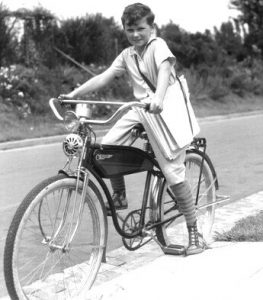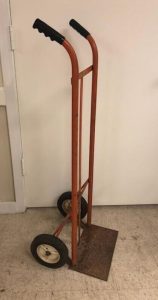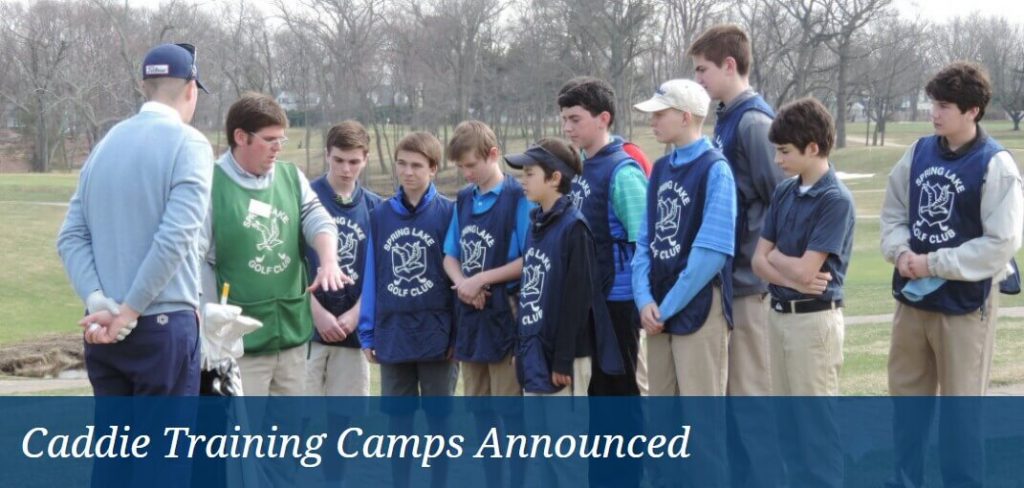*If you’re under 18 in New Jersey, you need an employment certificate, better known as “working papers”, to get a job. What’s involved? First, a parent has to give written approval, then the school district arranges a physical. If the district is satisfied that the job hours and working conditions will not interfere with your school work or damage your health, they will issue your papers. Some occupations are forbidden – you may not operate a blast furnace, forklift or deli slicer.

I got my first set of working papers at age 14, to deliver newspapers. The local paper wanted to boost circulation, and posted an ad for carriers. I was assigned to a few streets near my house, and early each Thursday morning I’d find about 120 copies of the Orange Transcript on my front steps. The paper provided a canvas bag with a strap, and I’d stuff as many copies as would fit into the bag and take off on my bike. The paper was a free one, with lots of ads, and I left a copy at the front door of each house on my street list, returning home as needed to refill the bag. I forget how much they paid me, but it was okay for one morning a week.
This went on for five or six weeks, then one day all the carriers were called to a meeting at the newspaper office. The paper would no longer be free, they said, and our job was to go to each house on our route and convince the people there to start paying for this “invaluable guide to shopping savings”. We would also collect for it once a month.
Armed with my pad of subscriber forms, I started off that evening at the top of my street. I’m sure the newspaper people gave us some good selling tips, especially to identify yourself as the person who’s been bringing you this great shopping resource every week, but I’m no salesman. I found it hard to convince people to start paying for something that had been free all along. After being turned down four or five times straight by otherwise pleasant people, I couldn’t see facing the same result at another hundred houses, and when I got home, I told my mother that I was going to quit.
She’d worked in the business world for many years, and thought it important to do things the right way, so she gave me a writing exercise. The next afternoon I went to the newspaper office, asked for the publisher, and handed him my Letter of Resignation.

Later on I had another job similar to the newspaper one; it was delivering that year’s official phone-company telephone books. They were big and fat, mostly yellow pages. We lived on the second floor then, and the day the books were dropped off at my house, I came home from school to find our first-floor entryway and one side of the stairs to the second floor clogged with stacks of phone books, along with a hand truck. The publisher paid on a piecework basis, so many cents per book delivered, and the money was decent. Because you couldn’t put more than 15 or 20 books on the hand truck and still be able to push it, it took me several days to deliver them all.
After my deliveries were finished, there was a surprise. In what I guess was some sort of early environmental program to not clog up town dumps with old phone books, the publisher offered a bonus, much higher than the delivery fee, for each old book collected. It sounded simple – all we had to do was walk up to the door and ask for the old one back. It seemed like easy money and I still had the hand truck, so I pushed it to the furthest point on my route and started knocking on doors. After a few houses, I realized that nobody wants to give up their old phone book. People write their favorite phone numbers and make other notations on the cover and inside, and they’re not going to give them up. A couple of houses promised that if I came back in a week they’d have all the information copied over, and they’d give me their old book then. That’s no way to run a business, so as far as I was concerned, the return program was dead.
The next two were just neighborhood odd jobs, no working papers involved.
One day Vince’s son Junior asked if I wanted to make some money weighing out a 100-pound burlap sack of coffee beans into one-pound retail bags. I pride myself on accuracy, and he was happy with the resulting 99 and-a-half bags. He gave me five dollars, pretty good for a couple hours work.
My buddy from the neighborhood and I tarred the roof of his uncle’s six-story apartment house. On what seemed like the hottest day of the year, we lugged 5-gallon cans of black tarry sealant to the roof and spread it around with brooms and squeegees. There were no railings, so the trick was to never turn your back on the edges and work outward from the center. I went home with a good day’s pay and a sunburn.
Caddieing is a good way for kids to earn summer money, and through her connections at work, my mother got me an introduction to the caddie house at the classy Essex County Country Club. To get there, I’d walk to the bottom of Mount Pleasant Avenue, then hitchhike the rest of the way up the mountain. One driver squeezed my knee and told me what nice strong legs I had for caddieing, but he was the exception. My fellow caddies were college guys, and one day that turned rainy they taught me how to play poker, an expensive but worthwhile lesson. Whatever skill level I may have today , I attribute much of it to those helpful lads.
I didn’t know anything at all about the game of golf, so I was a lousy caddie. The caddiemaster usually had me carrying bags for crusty old ladies whose satisfaction he wasn’t concerned about. Not knowing or caring anything about the game, for me each round was a long, often tipless trek, and eventually I stopped showing up at the clubhouse.

